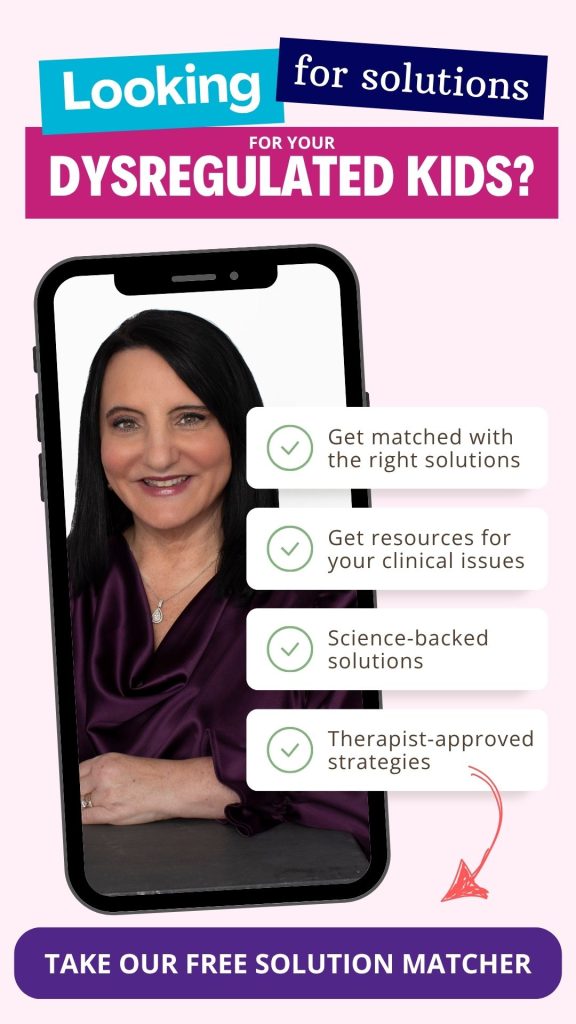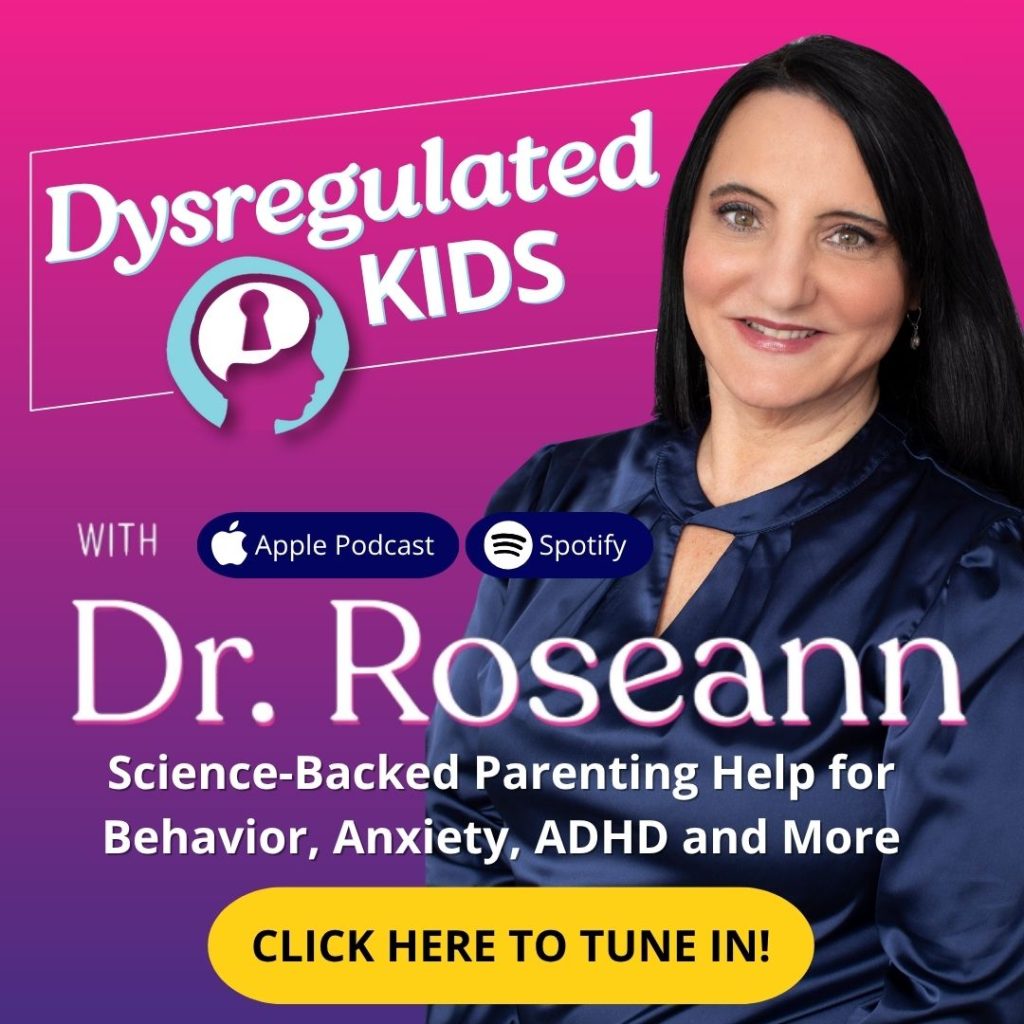
Estimated reading time: 6 minutes
When your child feels heavy with sadness or lashes out over small things, you might catch yourself wondering what storm brews beneath their behavior.
Watching their sparkle dim can feel like standing in a long tunnel without a lantern. Some kids find relief through therapy or prescriptions, though many parents crave safer, science-backed ways that soothe the brain.
That’s where supplements like 5-HTP come in.
In this guide, you’ll see the best-researched options, when to combine them with professional help, and hear stories of hope from real families. Behavior is communication—let’s calm the brain first so their light shines again.
What is 5HTP and Why Is It Used For Depression?
5-HTP (5-hydroxytryptophan) comes from tryptophan, that same amino acid tucked inside foods like turkey, pumpkin seeds, and beans.
Once inside a child’s body, it helps build serotonin—the brain messenger that steadies moods, restores sleep, and softens emotional storms.
Why many parents lean on 5-HTP:
- Naturally lifts serotonin for mood balance
- Encourages deeper rest and quicker recovery from stress
- May calm anxious loops or those blue, heavy days
Parent story:
Emily, mom of a nine-year-old, felt torn—medication worried her, but doing nothing felt impossible. After trying 5-HTP, bedtime battles eased and mornings were calmer. It didn’t fix everything, but it gave her daughter a steadier starting point for therapy and school.
Sometimes, a natural support acts like a reset button for the nervous system. That reset doesn’t erase struggles, but it allows other strategies to finally click into place.
Remember—what looks like behavior is really communication from a dysregulated brain. Calm the brain first, and everything else follows.
How Does 5 HTP Compare To Other Supplements for Depression?
5-HTP isn’t the only natural support families lean on. Think of supplements like tools in a toolbox—helpful, but only if you grab the right one for the job. Nobody hauls every tool for every fix.
Other brain-supportive options
- Omega-3s calm fiery inflammation while keeping brain cells chatting smoothly
- Magnesium earns its nickname “the calm mineral” since it quiets stress and deepens rest
- Vitamin D matters for mood. When levels drop in darker months, kids often feel heavy and sluggish
- B Vitamins act like spark plugs, firing up neurotransmitters so brain chemistry doesn’t misfire
- SAMe keeps serotonin and dopamine working together, steadying emotional balance
- Zinc adds stress grit while linking immune strength with brain wellness
Parents often ask me, “Does my child need all of these?” The short answer—absolutely not.
Supplements work best when chosen like ingredients in a recipe—only what truly supports your child’s nervous system.
Remember: calm the brain first, and everything else gets easier.
Are 5HTP and Other Supplements Safe for Kids and Teens?
Parents want safety first—of course you do. Nobody wants to gamble with a child’s well-being, though supplements can feel like a spark of hope when choices feel thin. They usually carry fewer risks than meds, but never zero.
Think of your child stepping off a curb—most days cars slow down, though you still glance both ways. Same here: check with a trusted provider and keep my favorite mantra close—“start low and go slow.”
Quick Safety Reminders
- Choose high-quality, third-party tested brands
- Track changes in mood, sleep, and behavior
- Never pair 5-HTP with SSRIs without medical guidance
Supplements work like stepping-stones across a stream. One carefully placed stone at a time creates steady ground, and that calmer brain makes space where healing and connection can grow.
Can Supplements Really Reduce Anxiety and Depression Symptoms?
Yes—when they’re targeted to what the brain and body truly need.
Supplements don’t “cure” depression, but they act as building blocks that help restore balance so the brain can calm and heal.
What research shows:
Here’s the part parents often miss—once we calm the brain first, these supports provide firmer ground. That steady base makes therapy stick, schoolwork less of a battle, and everyday life flow more smoothly.
What Parents Should Know Before Starting Depression Supplements
Supplements can play a powerful role in healing, but they aren’t magic wands. Think of them as tools in a toolbox—useful only when the ground underneath is steady.
- Start with regulation first. Co-regulation, sensory tools, and calming routines create steadier ground where supplements actually make a difference.
- Every child’s brain tells a different story. What lifts one child might barely move the needle for another, which is why chasing “one-size-fits-all” solutions can feel so discouraging.
- Keep a simple log of changes. A notebook filled with sleep patterns, mood shifts, and even small behavior wins becomes a map that shows what’s really working.
When we calm the brain first, supplements stop being guesswork and become steady stepping-stones. That’s where the shift happens—behavior softens, connection grows, and hope has room to shine again.

Best Supplements for Depression
Healing begins when the brain finds calm.
Supplements can’t wave a magic wand, but they can steady things once kids have routines that nurture sleep, nutrition, movement, and nervous system balance.
Think of them as backup tools—helpful for filling in gaps and not replacing everyday self-care.
A brain-loving diet always lays the foundation. That means:
- Colorful fruits and vegetables
- Quality protein sources
- Nourishing fats
- Gluten-free carbs
Sounds simple, right? Except plenty of kids resist these foods. That’s where supplements quietly step in as extra support.
1. 5-HTP
- Raw material for serotonin, the “feel-good” messenger tied to sleep, mood, appetite, and focus
- Can ease depression, though it requires careful use and should never be combined with antidepressants unless guided by a professional (Das et al., 2004)
2. L-Theanine
- Gentle amino acid in green tea that sparks calming alpha brain waves
- Helps kids focus better, sleep deeper, and stress less—safe for both children and adults

3. Ginseng
- Time-tested herb used for centuries to boost energy, sharpen focus, and lift mood
- Stimulates dopamine and norepinephrine, sparking alertness and clearing mental fog (Kennedy & Scholey, 2003).
4. GABA
- Naturally calming brain messenger that quiets racing thoughts
- Brings relief for kids who feel edgy, anxious, or restless at bedtime

5. Magnesium
- Powerhouse mineral most kids don’t get enough of
- Lowers stress hormones, improves sleep, and supports attention—often provides quick calming effects

6. Probiotics
- Feed a healthy gut microbiome, which produces most of the body’s serotonin
- Research and clinical studies, including Kazlausky Esquivel (2021), show probiotics lower both anxiety and depression levels in kids and adults.
7. Methyl Folate (B9)
- Crucial for kids with MTHFR gene mutations
- Supports neurotransmitter production, detoxification, and mood regulation
Here’s the truth: every child’s brain writes its own story. What sparks calm for one may do little for another.
That’s why I always recommend keeping a simple log of sleep, mood, and daily wins. Those notes eventually reveal a map pointing toward what actually helps your child feel grounded.
Remember one of my guiding truths: Calm the Brain First, Everything Follows. Once regulation comes first, supplements stop being guesswork.

Parent Action Steps
Recognize signs of depression in young individuals, like expressions of hopelessness. Emphasize a nutrient-dense diet with fruits, vegetables, and whole grains. Investigate mental health supplements like 5-HTP, L-Theanine, and Magnesium. Stress the importance of lifestyle factors, such as proper sleep and stress management. Stay vigilant for behavioral changes. Be aware of genetic factors, like the MTHFR mutation. Foster an open and supportive environment for children to express their emotions. Recognize the multifaceted nature of mental health. Get a Free PEMF Therapy Guide on how to manage behavioral dysregulation.
FAQs
What’s the best time to give 5HTP?
Evening works best for most because 5HTP supports serotonin and melatonin, which naturally prepare the brain for restful sleep. Some children feel calmer with an earlier dose, so timing may need a little experimenting. Always check with your provider, especially if combining with other supplements or medications.
How long does it take to see results with 5HTP and other supplements?
Some kids notice changes within days, like improved sleep or reduced restlessness. Others need weeks of steady use before progress shows. Because every brain responds differently, tracking sleep, mood, and daily behaviors helps parents see subtle shifts over time. Supplements work best once calm routines are in place.
What makes supplements different from antidepressants for depression?
Unlike antidepressants, supplements such as 5HTP, probiotics, or magnesium work by gently supporting natural brain chemistry. They don’t override the system but instead help restore balance. Families often prefer supplements because they can complement lifestyle changes like diet, sleep, and stress regulation without the same side-effect risks.
Should supplements replace therapy or lifestyle changes?
Supplements are not a replacement for therapy, healthy routines, or parent–child connection. Think of them as backup tools—helpful for filling gaps when diet, sleep, or stress management fall short. When used alongside regulation strategies, supplements often become stepping-stones that steady behavior and improve mood more sustainably.
Citations
Al Alawi, A. M., Majoni, S. W., & Falhammar, H. (2018). Magnesium and Human Health: Perspectives and Research Directions. International journal of endocrinology, 2018, 9041694. https://doi.org/10.1155/2018/9041694
Das, Y. T., Bagchi, M., Bagchi, D., & Preuss, H. G. (2004). Safety of 5-hydroxy-L-tryptophan. Toxicology letters, 150(1), 111–122. https://doi.org/10.1016/j.toxlet.2003.12.070
Kazlausky Esquivel M. (2021). Probiotics for Mental Health: A Review of Recent Clinical Trials. American journal of lifestyle medicine, 16(1), 21–27. https://doi.org/10.1177/15598276211049178
Kennedy, D. O., & Scholey, A. B. (2003). Ginseng: potential for the enhancement of cognitive performance and mood. Pharmacology Biochemistry and Behavior, 75(3), 687–700. https://doi.org/10.1016/S0091-3057(03)00126-6
Martins J. G. (2009). EPA but not DHA appears to be responsible for the efficacy of omega-3 long chain polyunsaturated fatty acid supplementation in depression: evidence from a meta-analysis of randomized controlled trials. Journal of the American College of Nutrition, 28(5), 525–542. https://doi.org/10.1080/07315724.2009.10719785
Parletta, N., Milte, C. M., & Meyer, B. J. (2013). Nutritional modulation of cognitive function and mental health. The Journal of Nutritional Biochemistry, 24(5), 725–743. Science Direct
Always remember... “Calm Brain, Happy Family™”
Are you looking for SOLUTIONS for your struggling child or teen?
Dr. Roseann and her team are all about science-backed solutions, so you are in the right place!
Grab your complimentary copy of

©Roseann Capanna-Hodge

%20.png)















